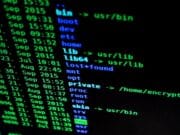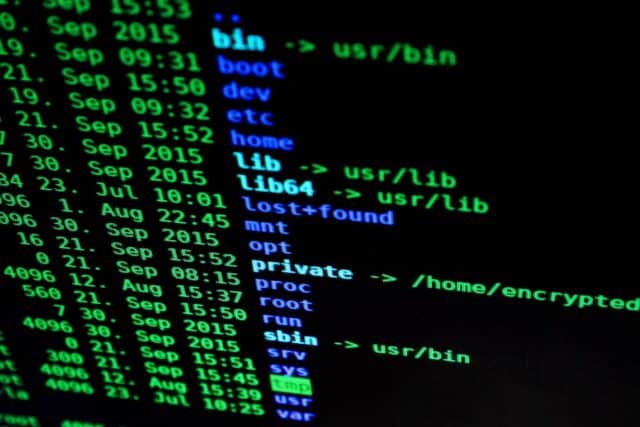Discover the purpose, importance, and scope of ethical hacking in protecting organizations from cyber threats. It is the practice of identifying and fixing vulnerabilities in systems. Unlike malicious hackers, ethical hackers aim to secure systems and prevent data breaches.
Importance of Ethical Hacking in Cybersecurity
Why Ethical Hacking Matters Today
In a world where cybercrime is on the rise, ethical hacking is essential. It helps safeguard sensitive information. Hackers target weak networks, leaving companies exposed. Ethical hackers identify weaknesses before criminals exploit them.
Protecting Businesses
Businesses depend on cybersecurity to thrive. A single breach can cost millions. Ethical hackers use penetration testing to simulate attacks. This reveals flaws in a company’s defenses, allowing them to fix vulnerabilities.
Types of Ethical Hacking Techniques
Penetration Testing Explained
Penetration testing, or “pen testing,” is a controlled attack. Hackers use hacking tools to probe systems. They test firewalls, applications, and networks. This process mimics real cyberattacks, helping companies strengthen their defenses.
Vulnerability Assessments
Vulnerability assessments are crucial for security. They identify risks without exploiting them. This method differs from penetration testing but is equally effective in ensuring network security.
Who Are Ethical Hackers?
White Hat vs. Black Hat Hackers
Ethical hackers, also called white hat hackers, differ from their malicious counterparts. Black hat hackers attack systems for personal gain. In contrast, white hat hackers work with permission to secure systems.
Skills Required to Become an Ethical Hacker
An ethical hacker needs strong technical skills. Knowledge of network vulnerabilities, coding, and data security is vital. They also require certifications to prove their expertise.
How Ethical Hacking Prevents Cybercrime
Real-World Applications
Ethical hacking has many applications. Banks use it to protect customer data. Governments rely on it to secure sensitive information. Healthcare providers employ ethical hackers to protect patient records.
| Industry | Application of Ethical Hacking | Key Focus Area |
| Banking | Securing online transactions | Data encryption |
| Healthcare | Protecting patient records | Privacy compliance |
| E-commerce | Preventing payment fraud | Secure transactions |
| Government | Safeguarding classified documents | National security |
Ethical Hacking and Data Security
Data breaches are costly and damaging. Ethical hacking ensures data security by testing and securing systems. It minimizes risks, ensuring sensitive information remains safe.
Path to Becoming a Certified Ethical Hacker
Best Courses
Numerous online platforms offer ethical hacking courses. Platforms like Coursera, Udemy, and EC-Council provide beginner-to-advanced programs. These courses cover everything from malware prevention to advanced penetration testing.
Ethical Hacking Certifications to Consider
Certifications boost credibility. The Certified Ethical Hacker (CEH) certification is highly regarded. Other options include CompTIA PenTest+, OSCP, and CISM.
Tools and Techniques
Popular Tools
Ethical hackers rely on advanced tools. Common options include:
- Nmap: For network mapping.
- Metasploit: For penetration testing.
- Wireshark: For analyzing network traffic.
These tools simplify the process of identifying and fixing weaknesses.
Methods for Network Security
Ethical hackers use various methods to secure networks. They test firewalls, check for malware, and analyze traffic. Vulnerability assessments also play a key role in ensuring security.
Challenges and Legal Aspects
Legal Framework
Ethical hacking operates under strict laws. Hackers need permission before testing systems. Without proper authorization, it becomes illegal. Countries worldwide have different regulations, making legal knowledge essential.
Common Challenges Ethical Hackers Face
Ethical hackers encounter multiple challenges. They must stay updated on evolving threats. Cybercriminals are always innovating. Ethical hackers also face technical hurdles, such as bypassing complex encryption.
The Future of Ethical Hacking
Evolving Role of Ethical Hackers in Cybersecurity
The demand for ethical hackers is growing. Companies understand the importance of cybersecurity. Ethical hackers now play a critical role in securing digital assets.
Trends Shaping
AI and machine learning are transforming it. Automated tools enhance vulnerability assessments. Cloud security is another emerging focus. Ethical hackers are adapting to these trends to stay ahead.
Frequently Asked Questions
- What is ethical hacking, and how does it differ from traditional hacking?
It involves securing systems with permission, while traditional hacking focuses on exploiting vulnerabilities for malicious purposes. - What are the most common tools ethical hackers use?
Popular tools include Nmap, Metasploit, and Wireshark for testing and securing networks. - Do ethical hackers need certifications?
Yes, certifications like Certified Ethical Hacker (CEH) and OSCP validate skills and increase career opportunities. - Can it prevent all cyberattacks?
No, but it significantly reduces risks by addressing vulnerabilities before cybercriminals can exploit them.



















